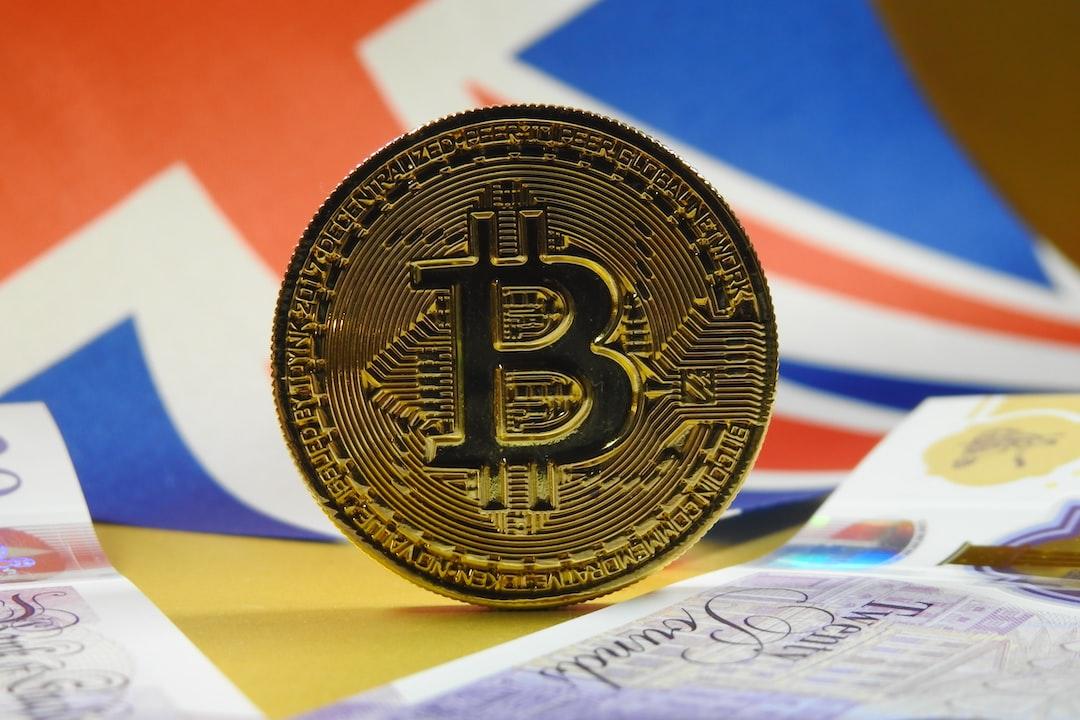Arizona Governor Katie Hobbs Vetoes Bill Allowing Public Funds to Invest in Cryptocurrency
The Governor of Arizona, Katie Hobbs, has vetoed a bill that would allow public funds to be invested in virtual currencies, citing concerns over their volatility and risks, reflecting a conservative stance on public finances.
(Background: Can Texas Lead the Way in Building a Crypto Utopia with a $500 Million Bitcoin Reserve Each Year?)
(Context: Progress on Cryptocurrency Reserve Bills Across U.S. States)
On April 28, after several rounds of deliberation, the Arizona State Legislature passed the “Strategic Bitcoin Reserve Bill” (SB1025) with three readings, marking a first in the United States. The next step would have been obtaining the governor’s signature, allowing the state government to invest up to 10% of public funds in Bitcoin. However, earlier, Governor Katie Hobbs vetoed Senate Bill 1025, which aimed to permit the state government to invest 10% of public funds in virtual currencies. In her veto statement, Hobbs expressed concerns over the “unverified” nature of cryptocurrencies, emphasizing that Arizona’s retirement system is one of the strongest in the nation and that the retirement funds of state residents are not suitable for attempting unverified investments like virtual currencies. She cited worries about the volatility of digital assets and the lack of regulatory clarity, labeling Bitcoin as an “untested investment.” This decision shattered what could have been a milestone for Arizona, making it the first state in the U.S. to include Bitcoin in its official reserves.

The Path for Cryptocurrency Is Not Over: Progress of Other Bills and Interstate Comparisons
Currently, after the veto of SB 1025, the bill will be sent back to the original legislative body (usually the House or Senate) with the governor’s veto reasons attached. The legislature may choose whether to attempt to override the governor’s veto, which typically requires separate votes from both chambers to achieve a specific supermajority threshold.
Threshold for overriding a veto: Arizona requires a two-thirds majority vote in both chambers to successfully override the governor’s veto.
Outcome of the override:
- Successful Override: If both chambers achieve the required supermajority votes, the bill will become law, even against the governor’s opposition.
- Failed Override: If the required votes are not reached, the bill will be vetoed and will not become law.
Although successful override cases in Arizona are extremely rare, reporter Eleanor Terrett has reported that there may be two more bills on the governor’s desk in the future, one of which is similar to SB 1025 and would allow the state treasurer to invest in Bitcoin (BTC) or crypto-related ETFs (SB 1373). Another bill initiated by the House may have a better chance of passing; it would allow the third-party exchange Coinbase to send unclaimed cryptocurrencies in their native form to the state government, rather than liquidating them as current law requires. Despite experiencing a short-term setback, Arizona’s attempt marks a shift in attitude towards cryptocurrency, creating a precedent for public asset management and providing valuable insights into how cryptocurrencies may integrate with traditional finance, potentially inspiring new thinking in the diversification of public funds.
Current Nationwide Progress
Across the United States, 28 states have proposed cryptocurrency reserve bills, and 18 states are in progress. Federal policies (such as Trump’s executive order) and recommendations from professional institutions (BlackRock suggests 1-2%, Fidelity suggests 2-5%) also influence state-level attitudes. The following chart illustrates the current progress of states regarding Bitcoin reserves:

Bitcoin Once Dropped Below $96,000
Returning to Bitcoin prices, this morning BTC briefly dipped below $96,000 but quickly recovered, reporting at $96,149 before the deadline. Although there hasn’t been any favorable news, the U.S. Treasury is expected to release a report on the country’s Bitcoin reserves in the coming week. Will this bring in new funds? Let’s wait and see.




